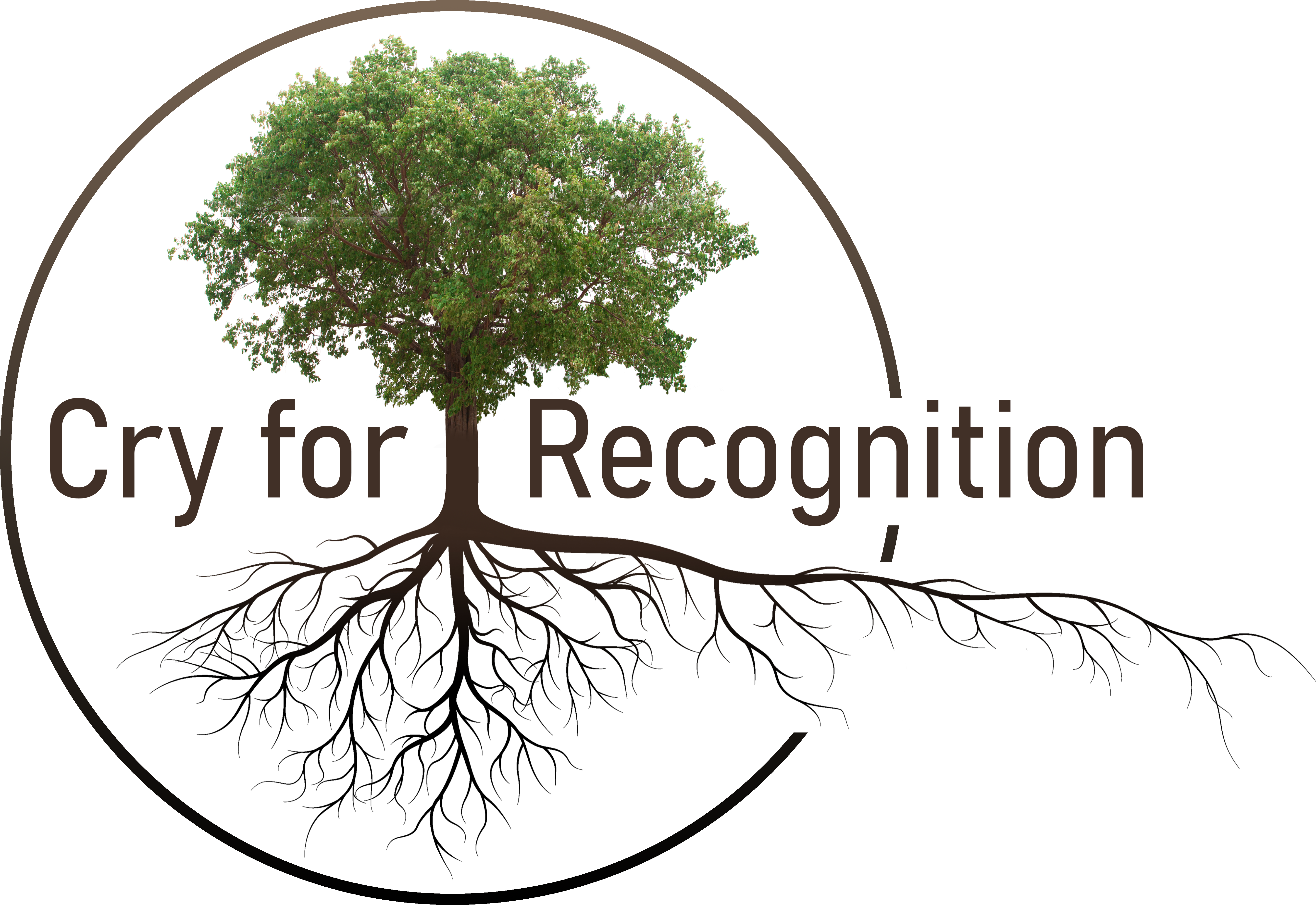Posted on 7 April 2023
Original: PITT – Why Are We Erasing Neurodiversity?
We know that neurodivergent or autistic individuals are disproportionately overrepresented in trans identified populations.
Neurodivergence is a newer term meant to encompass differences once known as Asperger’s syndrome and/or autism spectrum disorder. The term is somewhat controversial among advocacy groups and autistic individuals. However, the widespread adoption of the term has accomplished what advocates set out to do—destigmatize what they view as simply another human variation. Neurological differences are now thought of more in terms of immutable qualities, like ethnicity or race; the neurodivergent person is another instance of differences in the rich tapestry of humanity rather than a disability or mental disorder.
There is, though, a risk to this reframing. The ways in which neurodivergent people see and interact with the world can make them feel very different from others, and non-typically presenting relative to stereotypes, especially those relating to social interactions, sex, and gender. And, because of these feelings of difference, neurodivergent people are much more susceptible to gender ideology and its related social contagion than the neurotypical population. This is a fact that is blazingly clear and obvious to parents with trans identified children, many of whom are neurodivergent or autistic—and we know that neurodivergent or autistic individuals are disproportionately overrepresented in trans identified populations. Even gender clinics report a significantly high percentage of neurodivergent or autistic clients.
On top of the omnipresence of the ideology, the promise of becoming a new person entirely is thrilling—and also especially alluring to the autistic kid who, driven to academic success, seeks strategies to achieve social success as well.
There are a number of reasons put forth to explain why these types of kids are so vulnerable and struggle so much with sex expression and sexuality. For instance, neurodiverse teens may have a more rigid, black and white thinking style that prevents them from seeing commonalities with same sex peers, and the difficulties in showing empathy puts up further roadblocks to developing strong peer relationships.
But lack of empathy does not mean lack of sensitivity—these kids are highly sensitive to rejection and being othered. They live in a world filled with shame and embarrassment from not fitting in and are always trying to figure out why. Isolated from ordinary peer groups, neurodivergent people still long for connection and belonging—thus making them more likely to succumb to social contagions and cults. They are prime targets for gender ideology which, unfortunately in our society, is trumpeted from all directions as a magical solution to loneliness and feeling awkward in your body. The internet and all aspects of entertainment are drowning in it. The very people who should be autism advocates are totally captured by the transgender movement. Civil rights language is incorporated into trans activism and is especially appealing to the strong sense of justice innate to these folks.
Our society seemingly worships at the altar of diversity, but gender ideology is bent on erasing the actual diversity in our society.
On top of the omnipresence of the ideology, the promise of becoming a new person entirely is thrilling—and also especially alluring to the autistic kid who, driven to academic success, seeks strategies to achieve social success as well. Embracing gender ideology gives the ultimate misfit an intrinsic excuse for never quite fitting in. A childhood of awkwardness and shame of rejection can be swept away. Failure as a man can, for the high achievers, be replaced by a shot at success (or partial success) as a woman. And, with trans, there’s a built-in excuse if the success is only partial: If I don’t master being female there is a good reason. I wasn’t born one. Surely others will understand. The black and white thinking of this population creates an all or nothing scenario.
Our society seemingly worships at the altar of diversity, but gender ideology is bent on erasing the actual diversity in our society. How can we promote diversity while at the same time telling those who are different that they need to be fixed—that they need to medically alter their bodies to be whole? Moreover, to accept gender ideology, one has to embrace regressive sex stereotypes of clothing, appearance, interests, and social interactions, and find a way to fit oneself in a proper box based on these caricatures. That philosophy is as anti-diversity as it gets, especially when you consider that there is more than a hint of eugenics in transgender ideology, as the “treatments” themselves are essentially chemical sterilization.
I believe that shoving this marginalized group into transition is discrimination. We should just let them be in the world as they are if we truly respect neurodiverse people and actually value diversity in our society. We should let their minds remain a boundless spectrum of intellect and creativity—and leave their bodies alone because, after all, sex is an immutable characteristic, observed, not assigned as activists would have us believe. When we promote transgender ideology, we are making it clear that, if they want to fit in, they must change their bodies and their very nature. This is erasing neurodiversity. Instead, we should help young people sit in the reality of who they are, and learn to love their immensely valuable selves. Only then we can say we value diversity—natural, real diversity.


